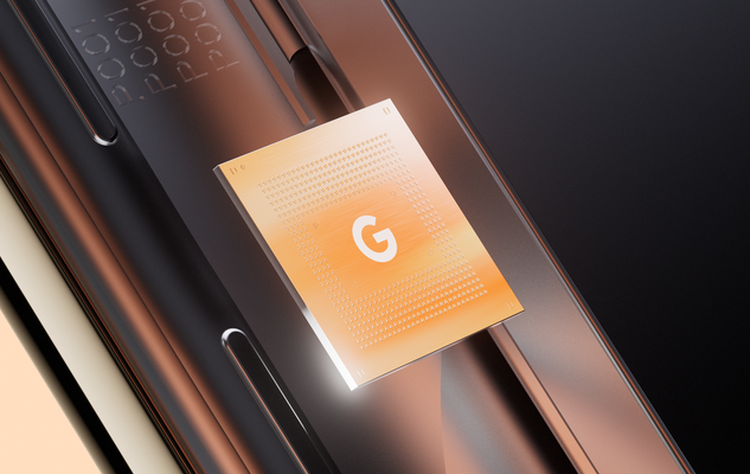Google officially announced the presence of the company’s next Pixel phones, the Pixel 6 and Pixel 6 Pro, recently. One of the differences between the Pixel 6 series and the previous Pixel line is the processor. For the first time, Google has provided the Pixel 6 series with its own chipset (System on Chip/SoC), called Google Tensor. That way, Tensor will officially replace Qualcomm’s Snapdragon chipset that has been used in the Google Pixel line of phones.
Google CEO Sundar Pichai revealed that the Tensor chipset has been in development by the company for four years, this is the biggest innovation ever embedded in the Pixel line of phones.
“Tensor builds on our two decades of computing experience and is our biggest innovation at Pixel to date. Tensor will be on Pixel 6 and Pixel 6 Pro in the fall,” Pichai tweeted.
What is Google Tensor?
For its name itself, Tensor refers to Google’s open-source machine learning (ML) programming ecosystem, namely TensorFlow. TensorFlow is recognized as the most powerful and popular machine learning programming library.
As mentioned TensorFlow can be used to develop and train models, to implement machine learning in almost any application, including in Google photos and Google voice.
So don’t be surprised if this Tensor SoC will do more processing related to machine learning (ML) and artificial intelligence (AI) on the Pixel 6 series, especially in the photography and sound sectors.
The first chipset (SoC) made by Google is built on an 8-core ARM architecture (octa core) with 5 nm fabrication. The mobile chip will be equipped with a Tensor Processing Unit (TPU) dedicated to processing AI and ML more efficiently, as compiled from The Verge.
A source told media outlet 9to5Google that the Google Tensor chipset, codenamed Whitechapel, was co-developed with Samsung. Although he did not confirm with whom the partnership was established, Google’s Senior VP Devices & Services Rick Osterloh said that Tensor is not just a partner processor.
“As with any SoC, we license a lot of technology into it, but this is by design and specifically designed with the goal of pushing our ML and AI forward,” Osterloh said in a post on Google’s official blog.
Photography And Voice Recognition Upgrade
Osterloh boasts, this Tensor chipset will make Pixel 6 and Pixel 6 Pro phones even more capable.
For example, Pixel phones can run Google’s computational photography model even better. For example, the Pixel 6 series phones will allow users to shoot moving images and get sharp results.
“For users, this means that there will be completely new features, as well as improvements to existing features,” said Osterloh.
In addition to the photography sector, Osterloh said, the Tensor chipset will also help improve the work of voice-to-speech software, voice recognition and translators. According to Osterloh, Google Tensor allows Pixel 6 series devices to translate and include captions from French to English videos in real time, as compiled from Business Insider. In addition, Osterloh also revealed that the company’s first chipset is also equipped with a new security chip from Google, namely the Titan M2.
“And with the new security cores Tensor and Titan M2, the Pixel 6 series will have the most layers of hardware security of any phone,” said Osterloh.
In addition to the Pixel 6 series, this Tensor chipset will reportedly also be used in the next Pixelbooks laptop from Google.

